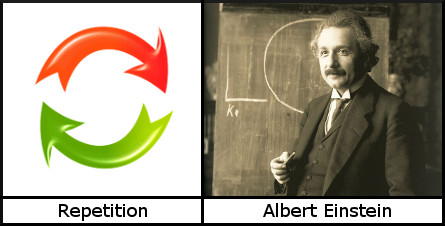Roger Federer? John Templeton? Walter Winchell? Kay Dangerfield? James H. Lane? Tony Curtis? Bob Olin? Sidney Blackmer? Joe Franklin? Anonymous?
Question for Quote Investigator: Antimetabole is a clever literary technique in which a phrase is repeated, but key words are reversed. For example:
It is nice to be important, but more important to be nice.
This line has been attributed to the tennis superstar Roger Federer and the renowned investor and philanthropist John Templeton. Would you please explore its provenance?
Reply from Quote Investigator: QI conjectures that this statement evolved from an adage composed by the powerful widely-syndicated columnist Walter Winchell. Yet, many years before Winchell’s brainstorm an interesting precursor appeared in the “Trenton Times” of Trenton, New Jersey in 1905. Emphasis added to excerpts by QI:1
“If it is important to be nice, it is nearly as important to look nice. You may be full of kindness and desire to make others happy, but if you cannot cross a room without knocking down a chair or two, or answer a question without turning crimson and glaring at the floor, people will never really believe in your good intentions.”
The statement above contained two very similar repeated phrases, but the key words were not reordered; hence, antimetabole was not employed. In addition, the overall meaning differed substantially from the expression under examination.
In April 1937 Walter Winchell concluded his column with a remark he had sent via telegram. Winchell used the slang word “swell” which corresponded to “nice” in that time period:2
In reply to the wire of Jeff L. Kammen, of Chicago: The last line was: “Your New York Correspondent, who wishes to remind celebrities that it is swell to be important—but more important to be swell!”
QI hypothesizes that someone during the following decade exchanged “swell” and “nice” to produce the popular modern saying from Winchell’s adage.
Below are additional selected citations in chronological order.
Continue reading “Quote Origin: It’s Nice To Be Important, But More Important To Be Nice”